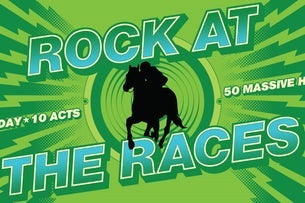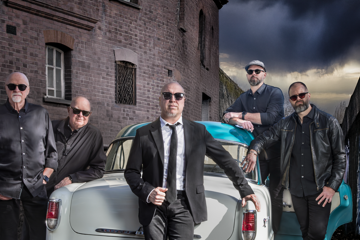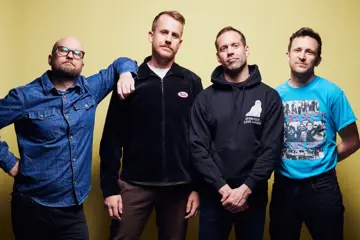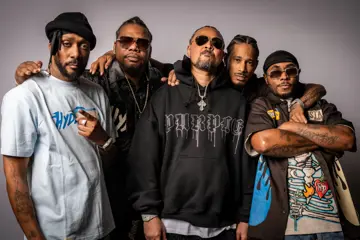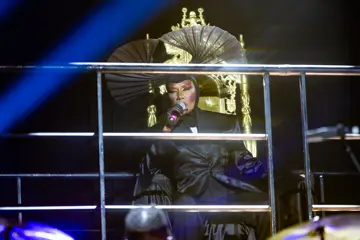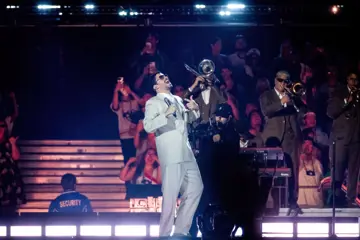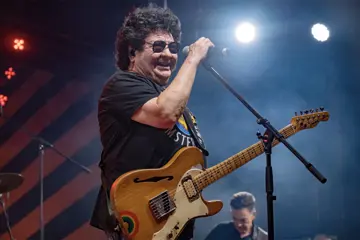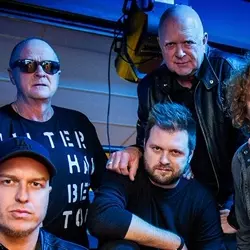 The Angels
The AngelsDave Gleeson and The Screaming Jets were as influenced by the punked-up blues boogie of The Angels as any aspiring Aussie pub rock band of the generation that followed, so it stands to reason that when – on the departure of Doc Neeson – he was offered the chance to front the band, he'd jump at it. His vocal tone and register are a pretty good match without his needing to attempt any kind of emulation of Neeson – after all, Gleeson has spent nearly 30 years establishing his own vocal sound, so why compromise it now? And on this first new studio album in a dozen years from The Angels, he hasn't. It's still Gleeson, but it's also very obviously The Angels.
For the Brewster brothers, two-thirds of the original songwriting core of the band, having found that distinctive “voice” in their writing, there's no reason for them to veer too far from what's made their name and living for more than 30 years. So this seems the perfect musical marriage, one that hasn't required too much compromising on either side. Then again, Gleeson hasn't really had much time to imprint something more substantial of his own more raucous pub rock personality, contributing significantly to just one song; the eerily menacing chug of Life Gets Better, with its more melodically-structured Jets (Screaming)-style chorus.
And it's not like The Angels blueprint isn't robust enough to allow broader experimentation. There was plenty in earlier albums, and it's here in tracks like Telephone, the swamp groove Some Kind Of Hell In Here and the comparatively gentle There Comes A Time. Throw in a bit of fun in a cover of Elvis Costello's Pump It Up, and there you have it. It'll be the next album, however, where we'll see how these two distinctive musical “streams” can more fully exploit/integrate each other's strengths.

